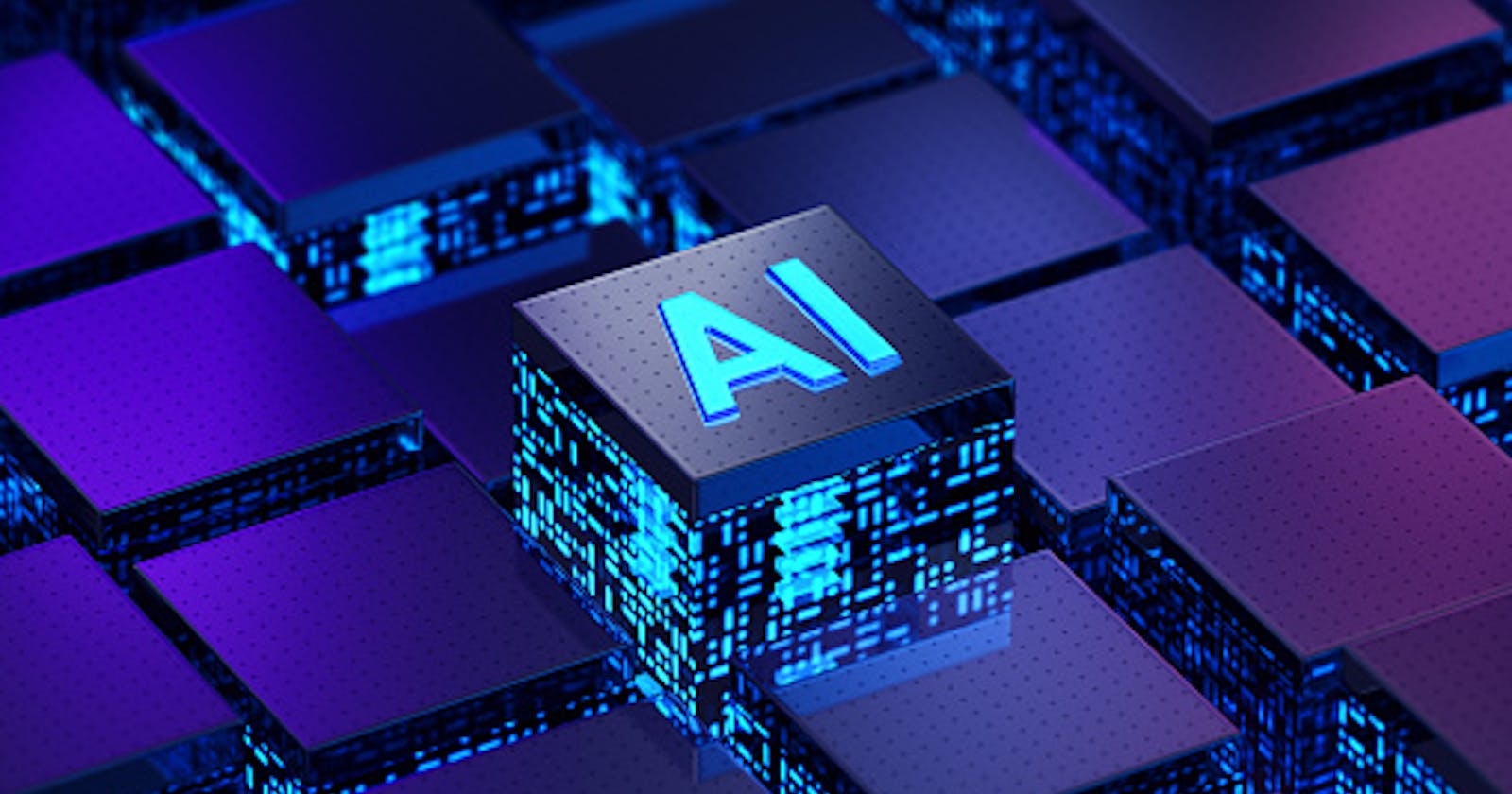Title: Understanding Artificial Intelligence: Definition, Applications, and Societal Impact
AI enables machines to recognize speech, identify objects, and make decisions that typically require human intelligence.
Introduction
Discover the cutting-edge technology that is transforming our world with unprecedented speed: Artificial Intelligence (AI). From chatbots and virtual assistants that make our daily lives easier to advanced medical tools that diagnose illnesses and support surgeries, AI is becoming increasingly integrated into our lives. Let's delve deeper into the crucial role of AI in society, exploring its diverse applications and examining its potential impact on our future.
Definition of AI
AI is an umbrella term that encompasses a range of technologies and methodologies that enable machines to perform tasks that previously required human intervention. These include machine learning, neural networks, and natural language processing. At its core, AI is about using data and algorithms to enable machines to learn and make decisions.
Applications of AI
AI has a broad range of applications across various industries, some of which include:
Healthcare
AI is being used to improve medical diagnosis and personalized treatment plans. For instance, AI-powered medical imaging devices can detect signs of tumours and other abnormalities that might have been missed by human doctors.
Finance
AI is helping detect and prevent fraud and manage investment portfolios and decision-making. For instance, banks are using AI-powered fraud detection systems that can spot unusual spending patterns or transactions that may indicate fraudulent activity.
Transportation
AI is being leveraged to optimize traffic flow, reduce accidents, and create safer autonomous vehicles. For instance, self-driving cars use AI algorithms to interpret traffic signals, avoid obstacles, and make split-second decisions in hazardous conditions.
Marketing
AI helps businesses to understand customer insights, their preferences and behaviours, and create personalized marketing campaigns. For instance, e-commerce sites use AI-powered recommendation engines that suggest products based on a user's browsing history and purchase behaviour.
Education
AI has the potential to personalize learning experiences and improve student performance, as well as assess student progress and enhance educational outcomes. For instance, intelligent tutoring systems (ITS) use AI algorithms to deliver personalized feedback and coaching to students based on their learning needs.
Impact of AI on Society
AI has significant potential to improve lives, but it also raises important societal and ethical questions. Some of the benefits associated with AI include:
Increased productivity, efficiency, and economic growth through faster and smarter decision-making processes.
Enhanced safety and comfort, particularly in the field of autonomous vehicles.
New job opportunities, as AI technology may create entirely new industries.
Improved healthcare outcomes, as AI-powered medical devices can diagnose diseases more accurately and efficiently.
However, there are also challenges surrounding AI, including:
Job loss, particularly when it comes to routine and repetitive tasks that can easily be automated.
Data privacy and security concerns, as well as the potential for AI to be used for malicious purposes.
Increased social inequality, if access to AI technology is not fairly distributed.
Ethical considerations around the use of AI and autonomous decision-making lead to accountability and legal issues.
Fairness and bias in AI models, can perpetuate social or racial inequalities and benefit some groups over others.
Conclusion
In conclusion, AI has the potential to change our world for the better but also raises serious questions about how we manage its proliferation. As technology continues to evolve, it is essential to approach it with caution and responsibility, taking into account its far-reaching implications for society. It is imperative to focus on collaborative and interdisciplinary discussions that can develop a better understanding of the technologies we create, and their impacts on society, and develop appropriate regulations to ensure they are responsibly designed and used, aimed at creating a future that benefits everyone.
